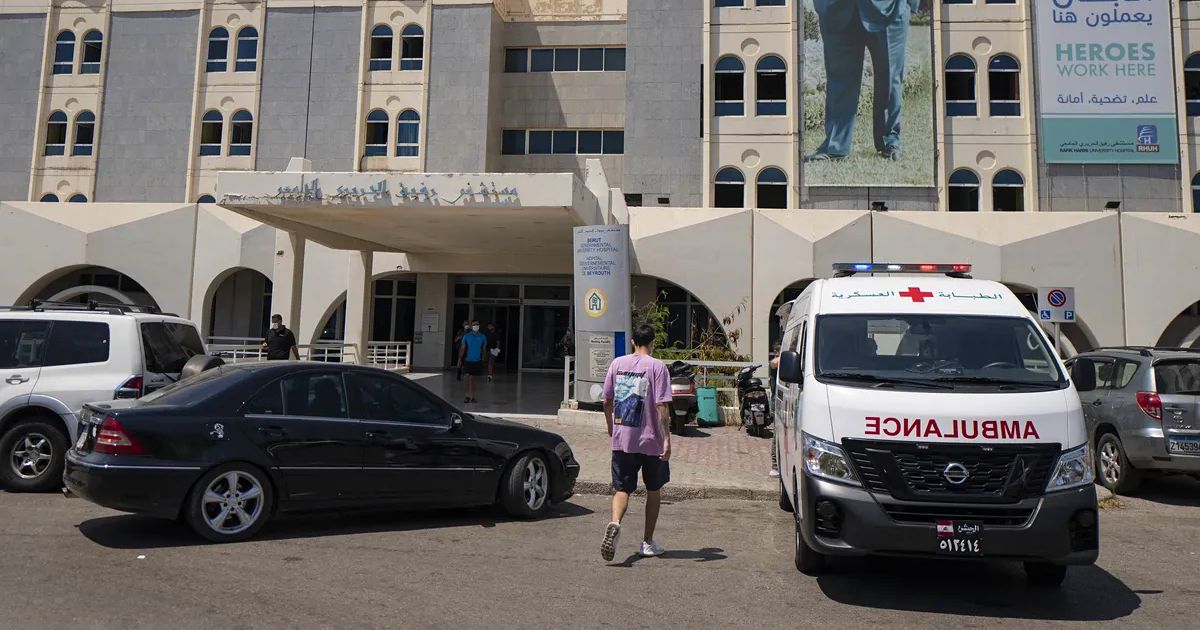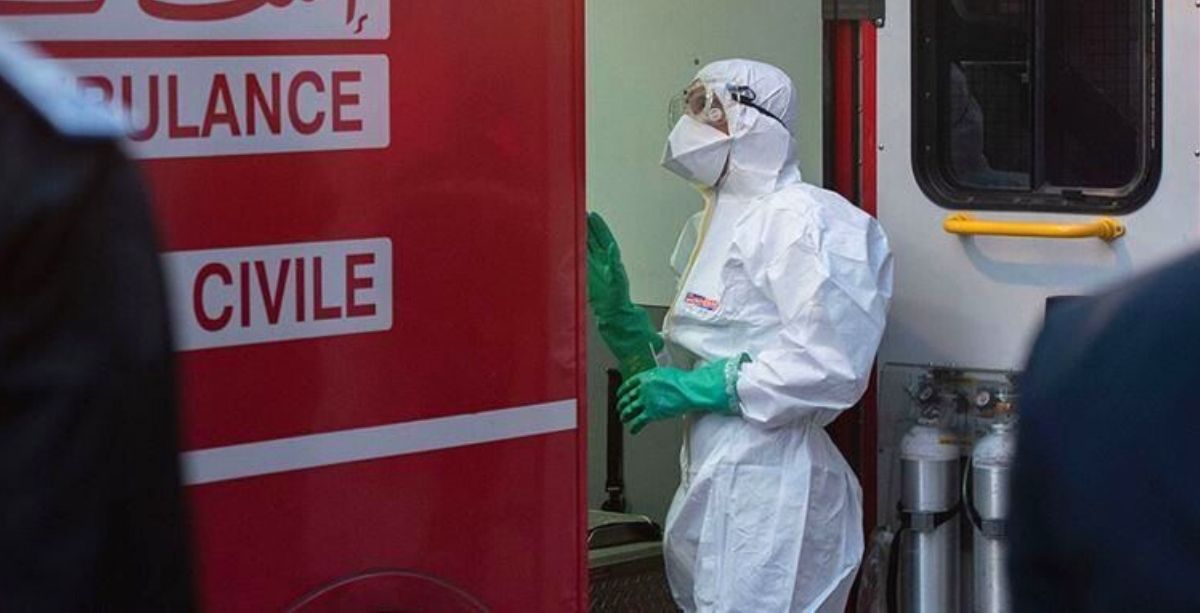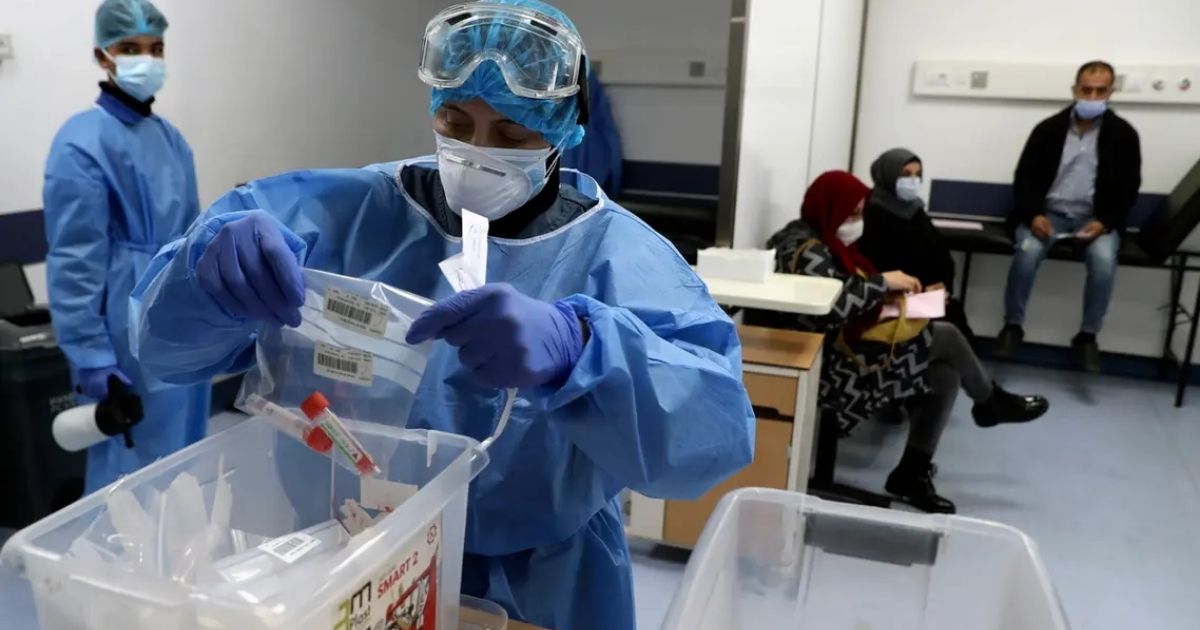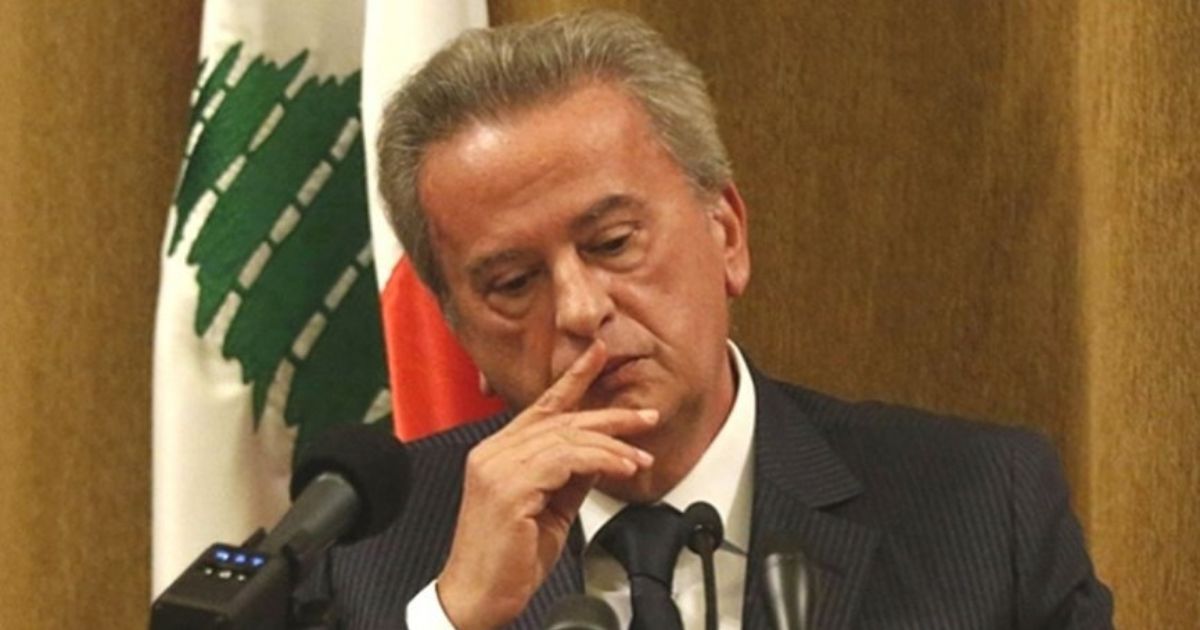The General Directorate of the Internal Security Forces announced in a tweet that a judge interrogated a detainee on Monday, March 23rd, via WhatsApp video call.
“In light of the measures taken to prevent the spread of the coronavirus,” the tweet says, “an arrested Syrian minor (born in 2002) was interrogated through the application of WhatsApp-video call.”
في سابقة من نوعها في لبنان وفي ظل الاجراءات المتخذة للوقاية من انتشار #coronavirus، جرى استجواب موقوف قاصر سوري الجنسية (مواليد 2002) عبر تطبيق whatsapp-video call في فصيلة اميون من قبل قاضي التحقيق جوسلين متى، بناء لاشارة النائب العام التمييزي، وقد أخلي سبيله بموجب كفالة مالية. pic.twitter.com/GHTs0s1XuJ
— قوى الامن الداخلي (@LebISF) March 23, 2020
The minor was interrogated at Amioun police station in Koura by the Investigating Judge Jocelyn Matta. The WhatsApp interrogation was done in accordance with the discretion of the Attorney General.
After the online interrogation ended, the minor detainee was released on bail.
This method of interrogation by Judge Matta is one of a kind event in Lebanon and ensued in an attempt to encourage social distancing and decrease the number of coronaviruses (COVID-19) confirmed cases.
Attorney General Ghassan Oueidat issued two judicial circulars to the competent authorities. The first is requesting the facilitation of requests for the release of detainees.
The second circular is related to preventive detention and electronic interrogation. The decisions were made due to circumstances and the suspension of work in the justice palaces.
In order to facilitate the release of requests for release and relieve overcrowding in prisons, a call center has been established on the number 04548395 in cooperation with the Beirut Bar Association.
Requests to release the detainees from the places of their arrests are received by phone. A form is then filled out in the center and is authenticated according to the rules.
The form is later sent to the concerned judge who makes the appropriate decision that is then returned to the center and goes back to the detention center.
Judge Oueidat also stated that if a defendant cannot be questioned, “the public prosecutor shall order his immediate release if his detention continues for more than 24 hours, without attending the public prosecutor.”
Arresting people is currently not being advised, under these exceptional circumstances, except in extreme cases.
Oueidat explained that judges may resort to electronic interrogation pursuant to the letter of the Minister of Justice, whenever the need arises, if necessary.
Electronic interrogation will follow a judicial mechanism, as well as the mechanism that the judge deems appropriate:

- A member of the security forces takes the legal oath and will be in charge of writing the minutes in the presence of the person who is to be questioned.
- The interviewer signs or stamps the investigation record, then the report is sent to the judge in hard copy and in case this is not possible electronically.
- The judge then signs it and announces it with a stamp. In this case, it is indicated to the detainee that it is an electronic copy until the main record is received, which will be signed by both the judge and the detainee and will be attached with the copy.
- The arrest warrant is sent in the same way according to the law, and it will be executed. The execution notice will be returned to the judge.
Judge Oueidat concluded his statement by asking judicial officials not to initiate a preliminary or judicial investigation, except in cases of extreme necessity.
















